Best Physiotherapy Clinics in Ahmedabad
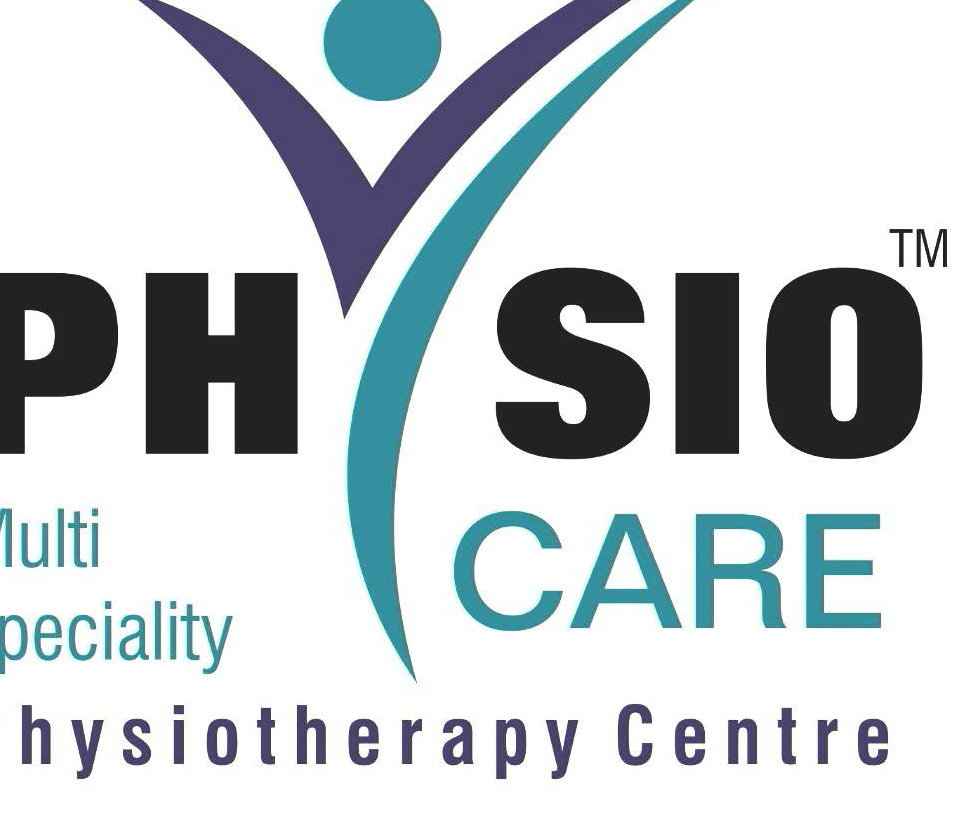
Physiocare Multi Speciality Physiotherapy Centre
Prahlad Nagar, Ahmedabad

Surya Physio Care Centre
Naranpura Vistar, Ahmedabad


Phoenix Rheumatology Clinic
Bodakdev, Ahmedabad
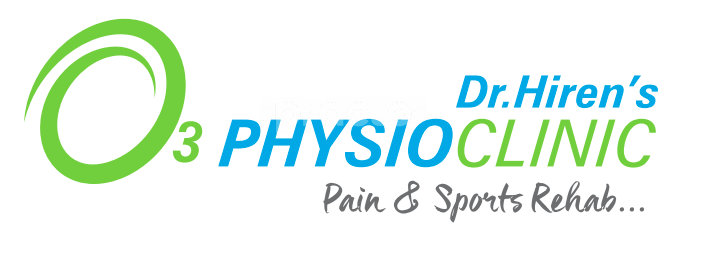
O3 Physio Clinic, Thaltej
Thaltej, Ahmedabad
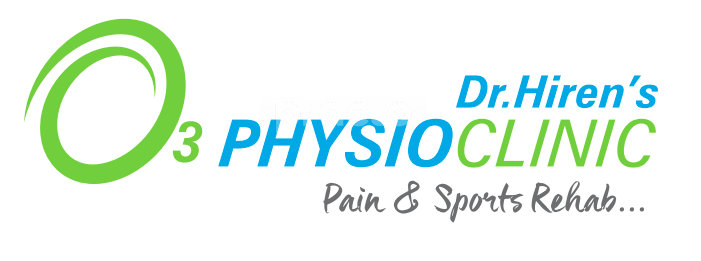
O3 Physio Clinic
Ambawadi, Ahmedabad


Sainath Physiotherapy Clinic
Bopal, Ahmedabad

Cherish Child Dental Care
Satellite, Ahmedabad
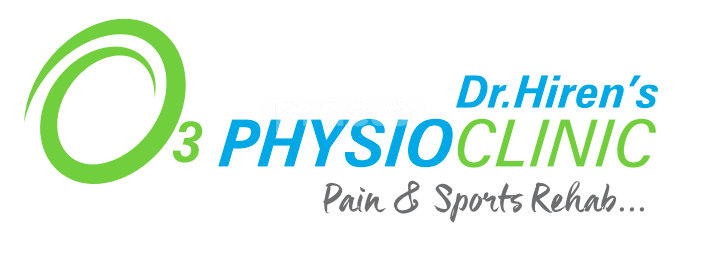
O3 Physio Clinic,gota
Gota, Ahmedabad

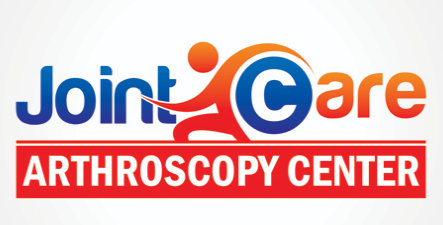
Joint Care Arthroscopy Center
Ellisbridge, Ahmedabad
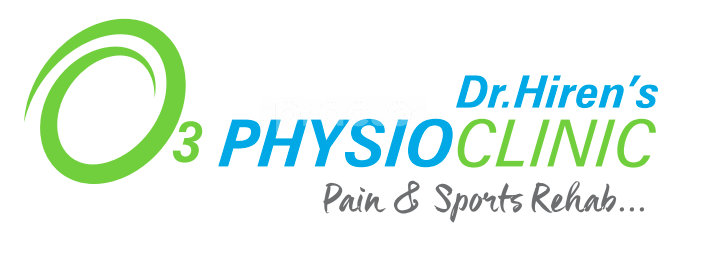
O3 Physio Clinic
Sola, Ahmedabad
Questions & Answers on "Physiotherapy" (23)
where did i find best physiotherapy treatment at home?what are the advantages of physiotherapy?
Female | 26
Physiotherapy is a treatment which engages you in exercises and activities. Its purpose: improve your strength, flexibility, and movement ability. You can receive physiotherapy treatment at home via qualified therapists willing to visit your residence. Physiotherapy offers advantages like pain reduction, enhanced balance, and accelerated recovery from injuries. If movement causes difficulty or you experience pain or require rehabilitation assistance post-injury, physiotherapy could prove immensely beneficial.
Answered on 21st June '24
Dr. Anshul Parashar
Hi, so my question is related to body posture, I’ve been suffering from bad body posture for almost a year now, and recently I tried doing some exercises to correct it. So my question is could it be possible to trying to correct body posture through exercising will only exacerbate it?
Male | 18
Trying posture exercises seems wise. But, if they make things worse, pay attention. Not every exercise suits each posture issue. Target muscle groups are key for good posture. Progress steadily when correcting posture problems. If unsure, seek help from a physiotherapist. They'll ensure you do the right exercises for your needs.
Answered on 21st June '24
Dr. Anshul Parashar
Hi sir As I m facing muscle stiffness in my arms , and muscle camps... Please do the needful
Male | 34
Muscle stiffness and cramps in your arms can happen. They might be from using those muscles too much or, not drinking enough water. A lack of vitamins could also cause it. Drink plenty of water. Eat foods rich in potassium and magnesium. Try stretching gently. But, if it keeps happening, see a physiotherapist.
Answered on 21st June '24
Dr. Anshul Parashar
7months pregnant with severe wrist pain over a week
Female | 30
It can be because of carpal tunnel syndrome. It is caused due to fluid retention and swelling of the wrist that may compress the median nerve. You should consider visiting your gynecologist to ensure proper diagnosis and treatment.
Answered on 23rd May '24
Dr. Anshul Parashar
Sir, I am 28. Which kind of physical activity should I do everyday? Strength training, yoga or stretching exercise. Sir pls help me. I have no bp cholesterol and sugar. Kindly tell me sir..my profession is teaching. So which type of exercise for me
Male | 28
With no health concerns, try mixing exercises. For flexibility, do yoga. Strength training to build muscles. Stretch to avoid stiffness. A routine keeps energy high. Start slow, and increase intensity gradually.
Answered on 22nd June '24
Dr. Anshul Parashar
I have rounded shoulders and bad posture and bowed legs and flat foot ...can I able to solve it ??
Male | 17
Yes, it is possible to improve your posture and leg alignment. Consult a physiotherapist. They can develop an exercise plan for your unique needs.. Also.. orthotics.. can support flat feet. Good luck!!!!
Answered on 23rd May '24
Dr. Anshul Parashar
Muscle Discomfort all over the body
Male | 25
Muscle aches all over your body could happen for a few reasons. Common ones include: You worked out too hard. You didn't drink enough water. Your body lacks important nutrients, like potassium and magnesium. Drink lots of water. Eat a balanced diet with various foods. Get plenty of rest. Do gentle stretching exercises. Take warm baths. If the aches continue, see a physiotherapist.
Answered on 27th Aug '24
Dr. Anshul Parashar
My Son had Ligament surgery of right knee, now require pysio therapy, suggest best doctor in raj nagar extention how has expertise in this
Male | 16
Answered on 20th June '24
Dr. Anshul Parashar
I cannot travel long distances.
Male | 41
Difficulty traveling long distances can be caused by various health conditions such as arthritis, heart problems, or chronic pain. It's important to consult a specialist like an orthopedist, cardiologist, or pain management doctor for a proper diagnosis and treatment.
Answered on 21st June '24
Dr. Anshul Parashar
Hi. Can I take a bath with 2 to 3 hours of sleep?
Male | 27
Don't have more than 2-3 hours of sleep then it is better if you postpone taking a bath for some time. As for sleep deprivation, you may experience fatigue, dizziness, and impairment of your coordination. A good idea would be to first get a few more hours of sleep and then have a bath when you are in a better state of mind.
Answered on 21st Oct '24
Dr. Anshul Parashar
Maine ek stomach pain ki medicine liya mujhe medicine reaction krne ke baad movement ho raha body mein, 4 year se ho raha .. mere muscle tight ho gaya kampan hone se pareshan hu
Female | 22
The medication caused your muscles to get really tight and tremble. You might be having muscle tremors or spasms as a reaction. Sometimes this happens with certain medicines. Stop using the medication that made this happen. Drink lots of water. Rest up. Try easy stretches. If it keeps going, talk to a doctor.
Answered on 21st June '24
Dr. Anshul Parashar
I have neck shoulder pain from 1 week I think while studying my sitting posture is not good that's why I am facing this problem can we please give me relief from it .
Female | 18
Poor posture might cause your discomfort - slouching leads to stiffness. Sit upright, take breaks often, gently stretch those muscles. Warmth can soothe the soreness too. Stiff necks and shoulders signal a need for better posture habits. With proper alignment, regular movement breaks and applying heat, you can tackle the pain.
Answered on 21st June '24
Dr. Anshul Parashar
What can I take for pain on wasteland and inner thight pain
Female | 62
You likely strained muscles in your waistband area and inner thigh. This happens when physical activity overworks muscles or uses them differently. For relief, try non-prescription pain meds like ibuprofen or acetaminophen. Rest is important. Avoid anything making the pain worse. If it doesn't improve, see a physiotherapist to check it out.
Answered on 21st June '24
Dr. Anshul Parashar
Having pain after taking Physiotherapy is that fine
Male | 23
Pain following physiotherapy feels typical, although aching occurs because exercises put stress on the body. You notice soreness, like from a workout routine. But, if it gets worse with sharp sensations, overexertion happened. Let your physiotherapist know about discomfort, adjusting therapy accordingly.
Answered on 21st June '24
Dr. Anshul Parashar
I am 19 years old and i am going to gym . Can i take alpha gpc tablet for improving my performance
Male | 19
Alpha GPC tablets are sometimes taken to enhance athletic performance, but they are not appropriate for everyone. If you are thinking of them, it is better to talk with your doctor first. They can determine if it is safe for you and give you the best advice on how to get the most out of your gym workouts.
Answered on 21st Oct '24
Dr. Anshul Parashar
My legs are feel very tired And I have also backpain
Male | 46
Your tired legs and back pain could result from prolonged sitting or standing, lack of stretching, or improper heavy lifting. Gently stretch. Take breaks, rest. Practice good posture. Avoid heavy lifting temporarily. But if pain continues, get evaluated promptly by a physiotherapist.
Answered on 21st June '24
Dr. Anshul Parashar
How am I meant to sit up properly after being ill for days and not being able to get out of bed properly
Female | 14
Getting up slowly is key. First, sit up carefully on your bed's edge. Breathe deeply and rise gently. Moving too fast can make you dizzy. Weakness after illness is normal; go at your own pace. If lightheadedness strikes, pause and sit again. Try once more when ready. Your body needs recovery time, so have patience.
Answered on 21st June '24
Dr. Anshul Parashar
Whats the best prescription for me when I have upper trapizeus muscle pain escepically when its neuralgia? Also I had been taking pain killers for my muscles: eperisone HCL tab. 50mg and NAPROXEN 500MG + ESOMEPRAZOLE 20MG TAB. The pain relievers are not working.
Male | 20
Your upper trapezius muscle pain sounds tough, especially since it's from neuralgia. Your current pain meds aren't cutting it. But don't worry, there might be options that could help. Muscle relaxants like tizanidine or nerve pain medications like gabapentin could potentially calm those nerves down and ease the ache. You'll want to chat with your doctor before trying anything new.
Answered on 21st June '24
Dr. Anshul Parashar
Can I engage in cardiovascular exercises, and if so, when?
Male | 37
Before you start the cardiovascular exercises, make sure that you do not have any health problems such as chest pain, dizziness, or shortness of breath. If you do, it is advisable to consult a cardiologist first. However, if you are fine, start off with a slow routine and then slowly build up the intensity.
Answered on 19th Aug '24
Dr. Bhaskar Semitha
Do i only have to do pelvic exercises?
Male | 15
Exercising your pelvic muscles is certainly a good way to strengthen your pelvic floor, but it is not the only solution for all the problems that might occur in that area. If you are experiencing the like pain, leakage, or pressure in your pelvic area, it is necessary to talk to a doctor who can determine the cause. In some cases, pelvic exercises may not be sufficient and you may need to undergo other treatments depending on the underlying cause of your symptoms.
Answered on 28th Aug '24
Dr. Anshul Parashar
Get Free Treatment Assistance!
Fill out this form and our health expert will get back to you.